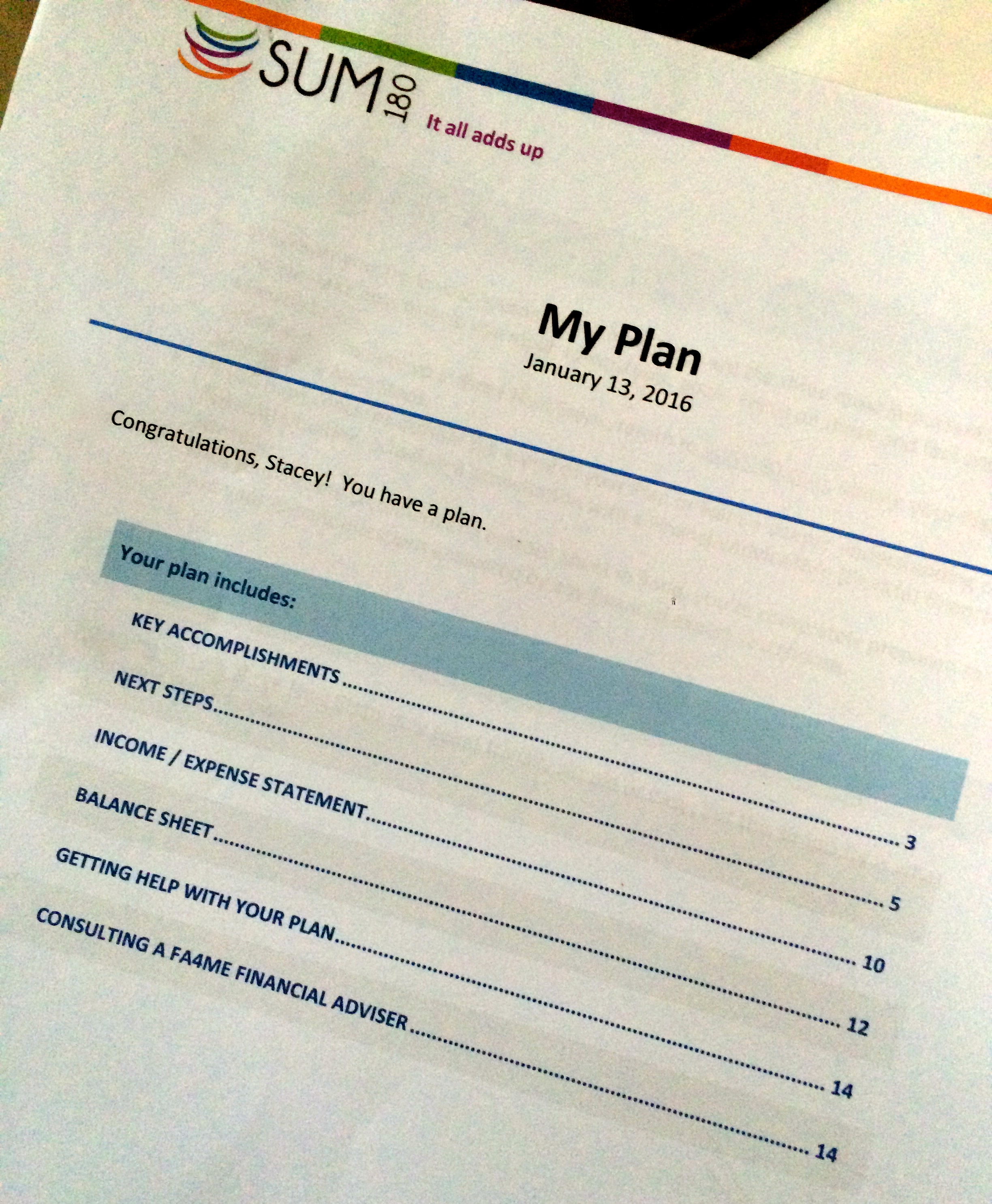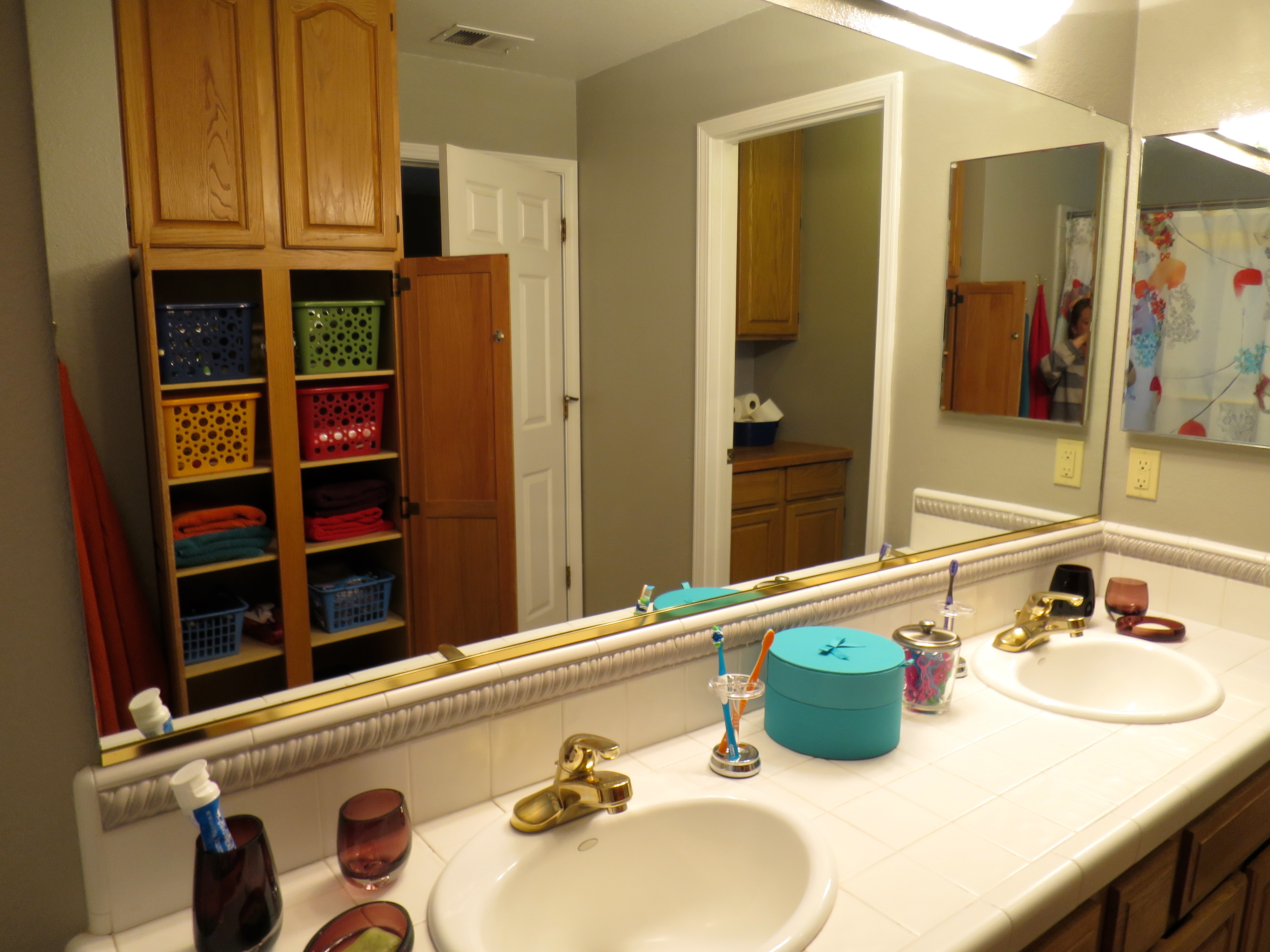Paperwork – Uggh! It just never goes away! Managing all of your mail and paperwork that comes into your home is part of managing your finances. And I must admit, I struggle with this! When I get home from work, I just don’t like going through the giant piles of mail that stuff our mailbox everyday! In part I blame this on being an English teacher. I collect, sort, and grade stacks of papers every day at work. I also think that being part of a blended family compounds the mail that we receive. In addition, this last year my husband as been acting as executor of his late mother’s estate. Mail galore comes into our home on a daily basis!
Having gone through a divorce where I was asked to justify and support our monthly expenses by my ex’s attorney, and having gone through an IRS audit where I was asked to verify the source of bank deposits as small as $48, I have experienced first hand the importance of a well organized home office. Both the audit and divorce were going on at the same time, so it was a little bit crazy. For the divorce I had all the necessary statements in my files; for the audit what I did not have in my files, I was able to procure from the bank. I found out that banks keep pictures of checks that are deposited into your account. So that $48 deposit (that was two years past) the auditor was asking about? It was a deposit of three check of $16 each where I was being reimbursed for buying three books for classmates of mine in my masters program. The bottom line, there are papers that you need to keep for a period of time and papers that you can let go. Managing this paperwork is an ongoing process.
Getting Organized –
Step One: Set up a system
I use hanging file folders in a drawer of my desk for papers processed, and a box sitting on the desk to hold bills and papers to be processed. They key is to touch each paper as few times as possible. In an ideal world, that means touch each paper once. It’s important to collect mail each day and immediately recycle the junk mail. Open each piece and recycle all pieces of paper that you do not need. I have a bucket under my desk for papers that need to be shredded. Shredding is a time suck, but with identify theft happening as often as it does – I believe in shredding! Bills to be paid or papers that need responses go into the box. Other papers or statements that need to be kept get filed into the hanging files. Once a week I pull out the box and pay the bills and respond to mail. Once I’m done paying bills, I file the statements. I pay most of my bills online, however some are still paid by me writing a check. I have not gone completely paperless, but I am cutting back on the number of statements that I receive. I am learning that the less paperwork coming into the home, the easier it is to manage.
My Filing System ~
Some people prefer using a binder; I however find that to be too cumbersome for the amount of monthly paperwork that I receive. I have files set up by categories and by months. In my file drawer I have the month files first followed by the categories. The categories are not alphabetized; rather they are in order of how much I access them. The more I file into them, the closer to the front they are. Therefore a file like appliances is towards the back. Interesting side note – all my books and DVDs are alphabetized – but I have never wanted to sort my files that way. Obviously a frequency use set-up works for me.
My categories include:
- Banking
- Auto with sub categories for each car
- Charity
- Retirement
- Investment
- Pay Stubs
- Medical
- Taxes – for anything that we may need for deductions or for filing our taxes.
- Home – with subcategories for improvements, mortgage
- Insurance – with subcategories for health, auto, home, life
- Family – with one file folder for each family member
- Pets – with one file per animal
- Airlines – Anything pertaining to my miles
- Appliances – for manuals and warranties I use my monthly files for statements of all the bills paid.
The monthly files are files that get purged each year, and therefor are a placeholder for statements I do not believe I will not need. Utility bills, credit cards, etc. – These statements stay in the file for 12 months. If I don’t need it within 12 months, I don’t think I will need it. And as I have found out, because of technology most every statement can be retrieved from its place of origin.
Step Two: Maintain your system
If you don’t currently have a system, setting up a system will take time. But really, the hard part is maintaining your home office. Scheduling time each week to deal with the paperwork and paying bills is not what most people want to do after a long day at work. The bottom line is you will be financially ahead if you stay on top of this task. And that makes it worth it!














